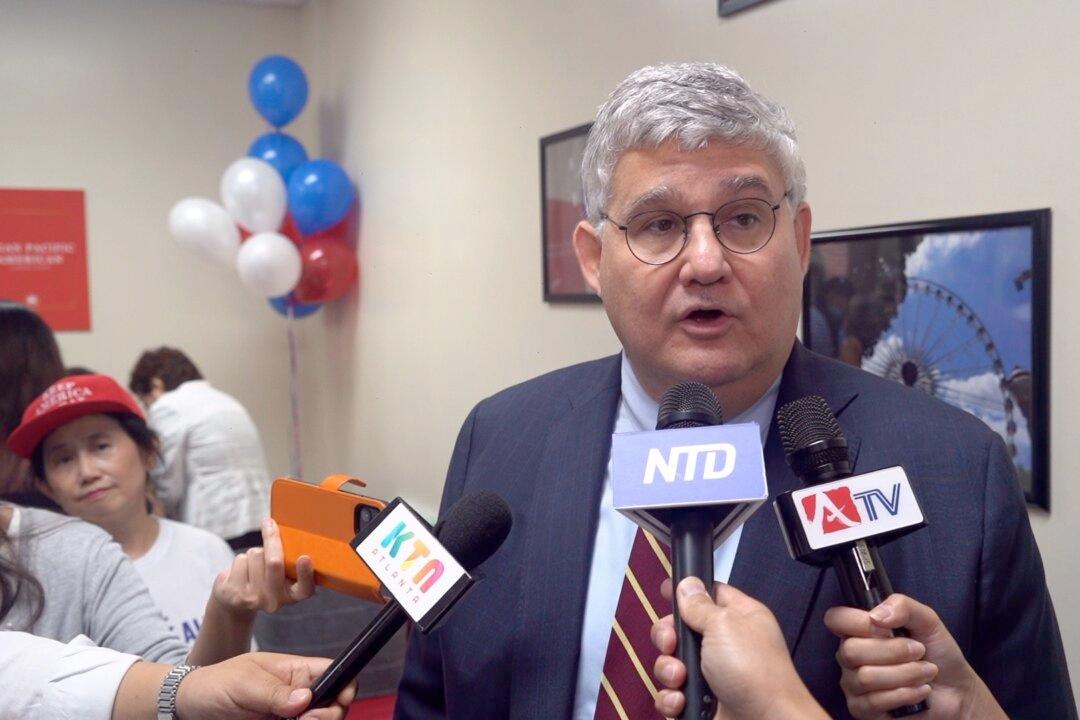U.S. District Court Judge Steve Jones has combined the upcoming evidentiary hearings for David Shafer, Shawn Still, and Cathleen Latham into one hearing on Sept. 20. The three are co-defendants in a Fulton County, Georgia, case against former President Donald Trump and 18 others, indicted on racketeering charges for their actions in challenging the 2020 election results.
Judge Jones has already denied the request of co-defendant Mark Meadows, former chief of staff to the president, to remove his case from state to federal court. Mr. Meadows is currently appealing the decision in the 11th Circuit.





